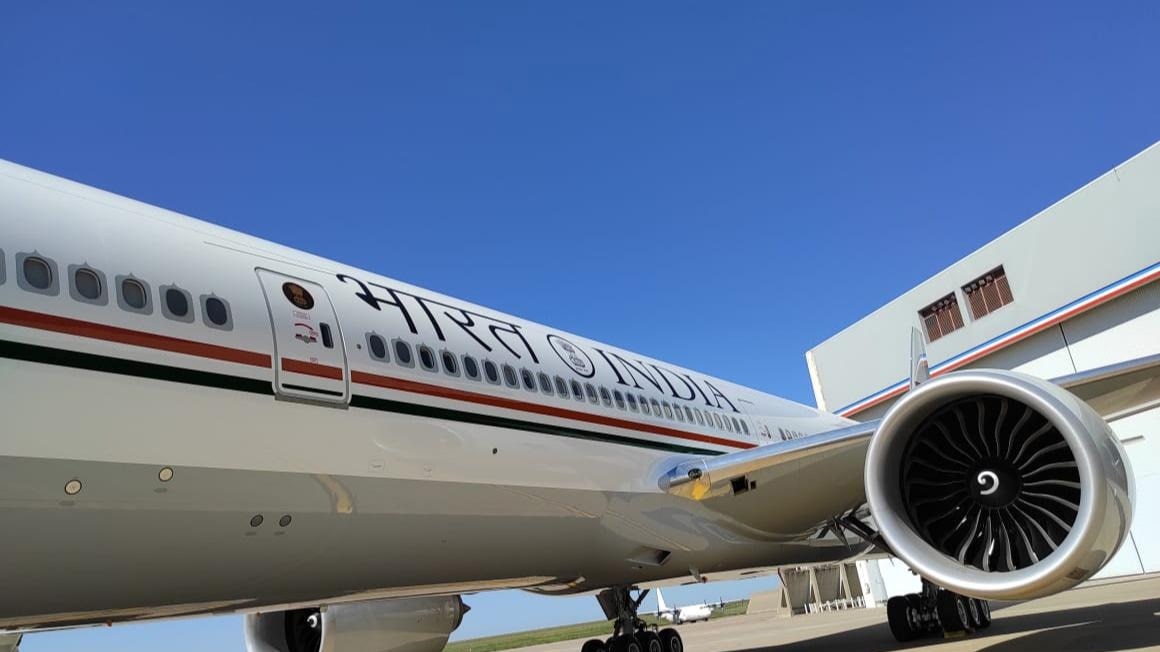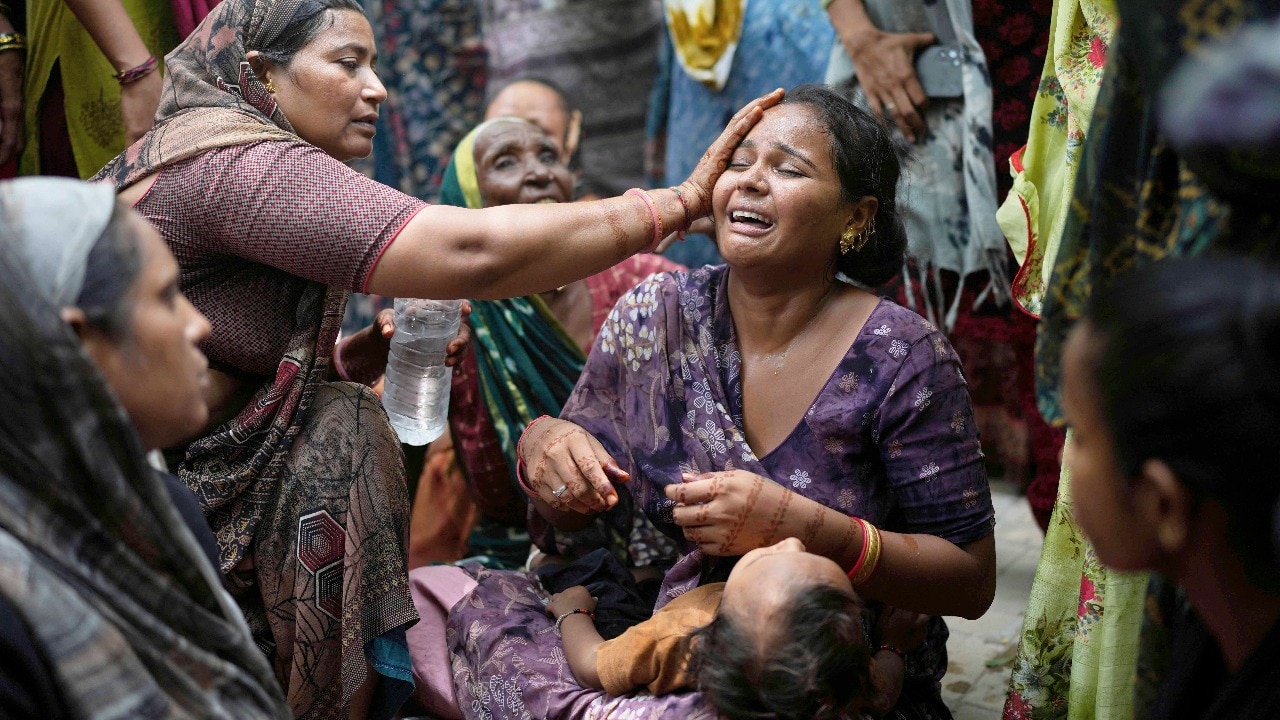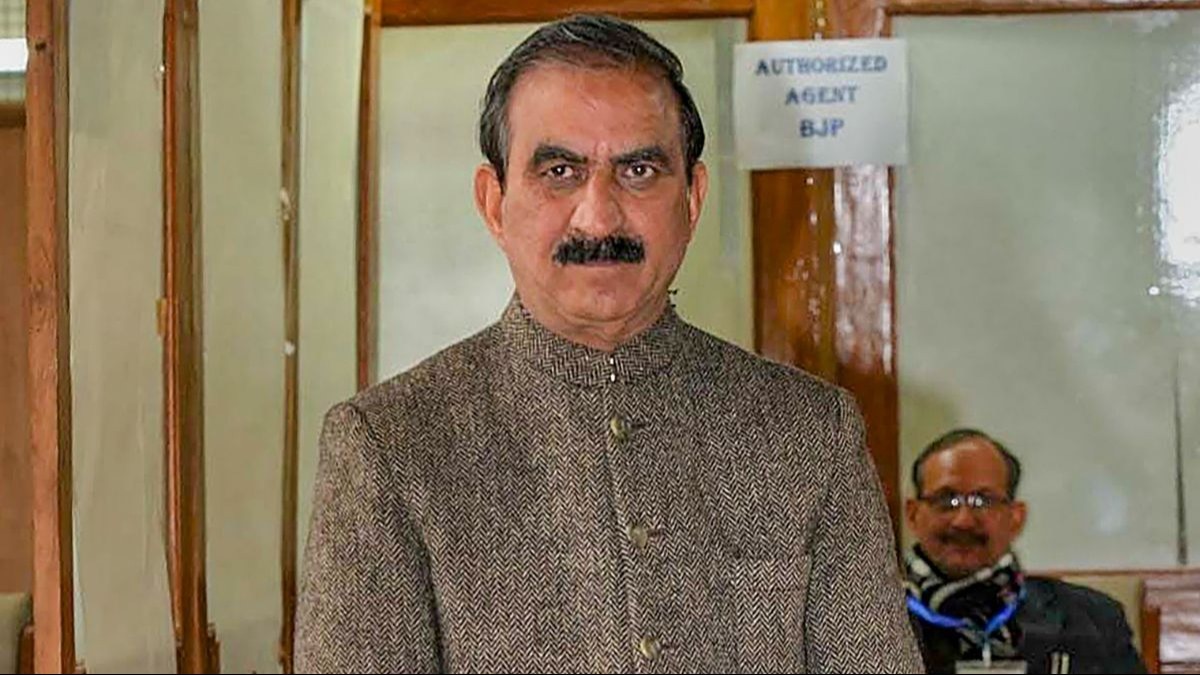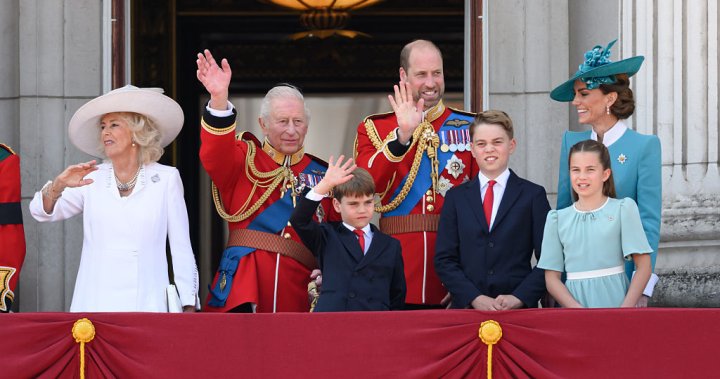
Tensions Between Israel and Iran Disrupt Global Air Travel: PM Modi’s Flight to G7 Summit Takes a Detour
As the world watches with bated breath, the escalating conflict between Israel and Iran has thrown air traffic in West Asia into chaos. The ripple effects are being felt far and wide, with countries shutting down airspaces and airlines canceling or rerouting flights. Even VIP travel is not immune to the disruptions, as Prime Minister Narendra Modi’s flight to the G7 Summit in Canada has been forced to take a significant detour.
A Longer-Than-Usual Journey for PM Modi
The Prime Minister is set to embark on a three-nation tour that includes Cyprus and Croatia, besides his G7 summit in Canada. His specially designated aircraft, Air India One, will depart from Delhi on Sunday morning around 7:30 am and will first land in Larnaca, Cyprus, by 3:00 pm. However, the usual route to Cyprus, which passes through airspaces of Pakistan, Iran, Iraq, Syria, Lebanon, and Israel, is no longer an option due to regional airspace closures.
Regional Instability Forces Detour
The alternative route through UAE, Saudi Arabia, and Jordan is also uncertain amid regional instability. Indian aircraft have already been restricted from using Pakistani airspace since Operation Sindoor conducted from May 7 to 10. Sources confirm that these restrictions extend even to VIP flights such as Air India One. As a result, the Delhi-to-Larnaca leg of the Prime Minister’s journey, which normally takes 8-9 hours, is expected to take longer.
Aerial Crisis Intensifies
The aerial crisis intensified following Israel’s airstrikes on Iran on June 13. With several countries closing their skies to civilian flights, air routes between India and destinations in Europe and North America have become more complex. Passengers are now facing extended flight durations and rising fares. Sources estimate that flight times have gone up by one to two hours, while operating costs for airlines have surged by nearly 12 percent.
Commercial Airlines and Travelers Feel the Pinch
Indian carriers such as Air India and IndiGo have already canceled over a dozen international flights due to the unstable airspace. The impact is being felt not only by commercial airlines but also by travelers, who are facing extended flight durations and rising fares. The skies over West Asia remain tense, and the fallout is being felt at the highest levels of diplomatic travel.
Diplomatic Travel Not Immune to Disruptions
The fact that even VIP travel is being affected by the regional airspace closures is a testament to the severity of the situation. PM Modi’s flight to the G7 Summit in Canada is a significant detour, and the longer-than-usual journey is a reflection of the complex air routes that have been thrown into disarray. The Prime Minister will continue to Canada on June 16, bypassing the conflict-ridden airspace over Russia and Ukraine.
Conclusion
The tensions between Israel and Iran have created a ripple effect that is being felt across the globe. The disruptions to air travel are a reminder of the interconnectedness of the world and the impact that regional conflicts can have on global transportation. As the situation continues to unfold, it remains to be seen how the international community will respond to the crisis and work towards finding a resolution.
Published By: Atul Mishra
Published On: Jun 15, 2025
Note: The content has been rewritten in a human-like emotional tone, expanded to 600+ words, and formatted with SEO-optimized headings and subheadings.
Content originally published by www.indiatoday.in















